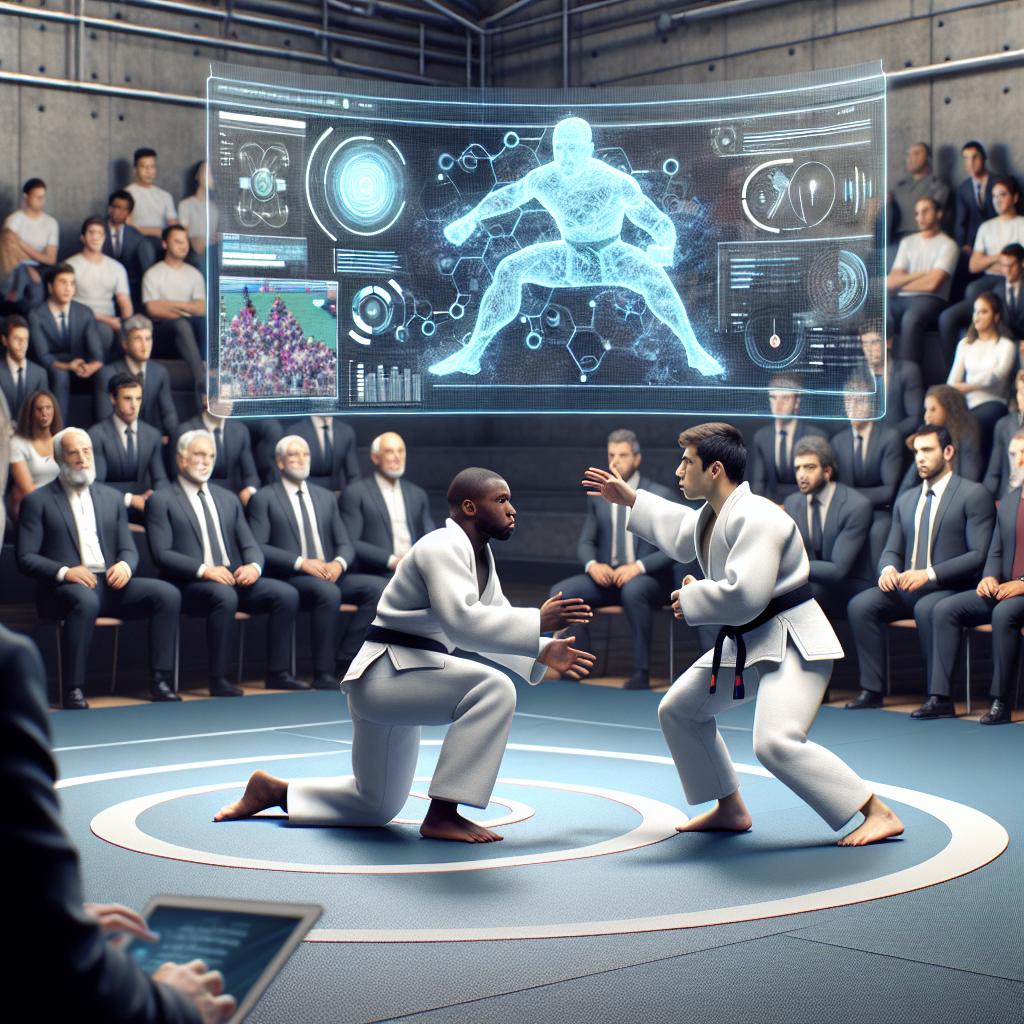The rapidly evolving landscape of artificial intelligence AI is not just remaking sectors like technology and healthcare but is also significantly impacting the world of sports. A recent development announced by the University of Haifa has set a new benchmark in this intersection of sports and AI. Researchers from the university are now pioneering the use of AI technology to predict the outcomes of judo matches, offering insights that may soon transform coaching and athletic training.
The study conducted by the University of Haifa delves into the capabilities of AI in analyzing the movements and tactics of judo athletes, deriving predictions on match outcomes based on various fighting styles and strategies. This innovative approach could potentially enhance how athletes prepare and strategize for competitions.
AI’s role in sports has been gaining momentum, with technologies including data analytics and machine learning being integral in enhancing athletic performance, managing health risks, and even for fan engagement strategies. The localized impact on an individual sport like judo, however, marks a nuanced exploration into how AI can cater to the specific dynamics and intricacies of different sporting events.
While the potential advantages are evident, incorporating AI into sports also raises questions about fairness, privacy, and the possible reduction of unpredictability in sports—elements that fans and participants cherish. Moreover, the technology’s implications on training, athlete autonomy, and the traditional essence of sportsmanship are also currently under scholarly review. Engagements and responses from within the judo community, athletic regulatory bodies, and even spectators are anticipated as these AI applications begin to roll out in competitive settings.
The use of AI to predict judo match outcomes is not just a technical advancement; it’s a development that intersects with broader debates around technology’s role in human endeavors. As we navigate through these changes, the dialogue between technology experts, sports professionals, and ethical scholars seems more crucial than ever to balance innovation with the core values of sports.



